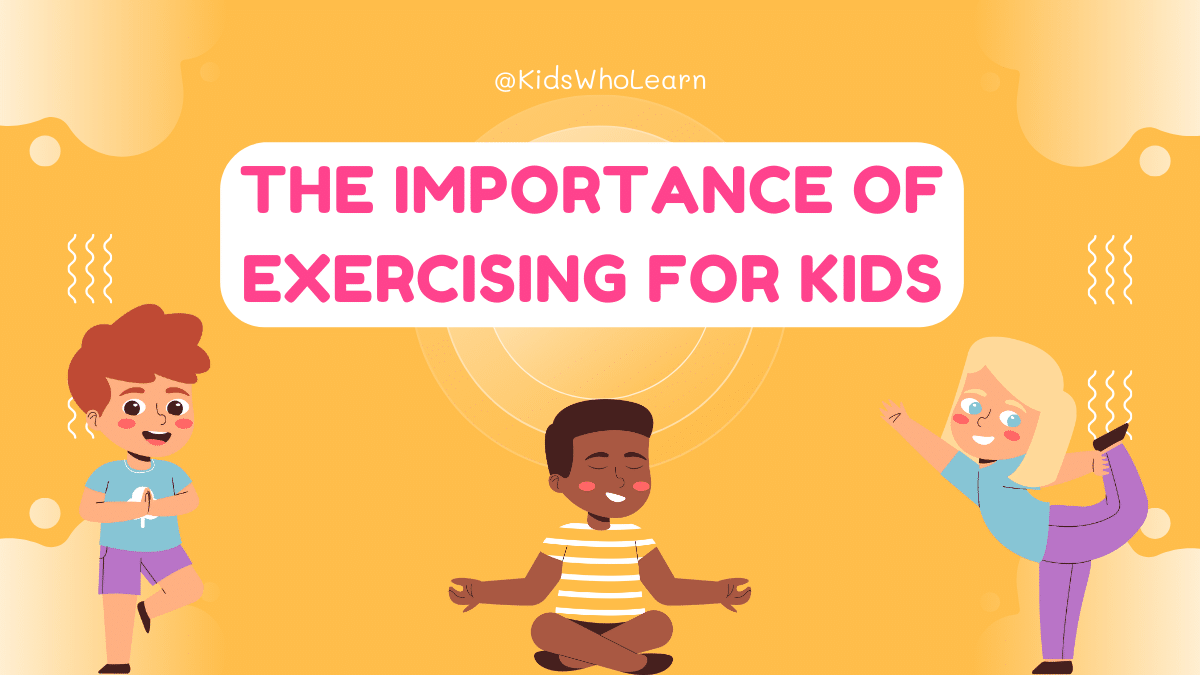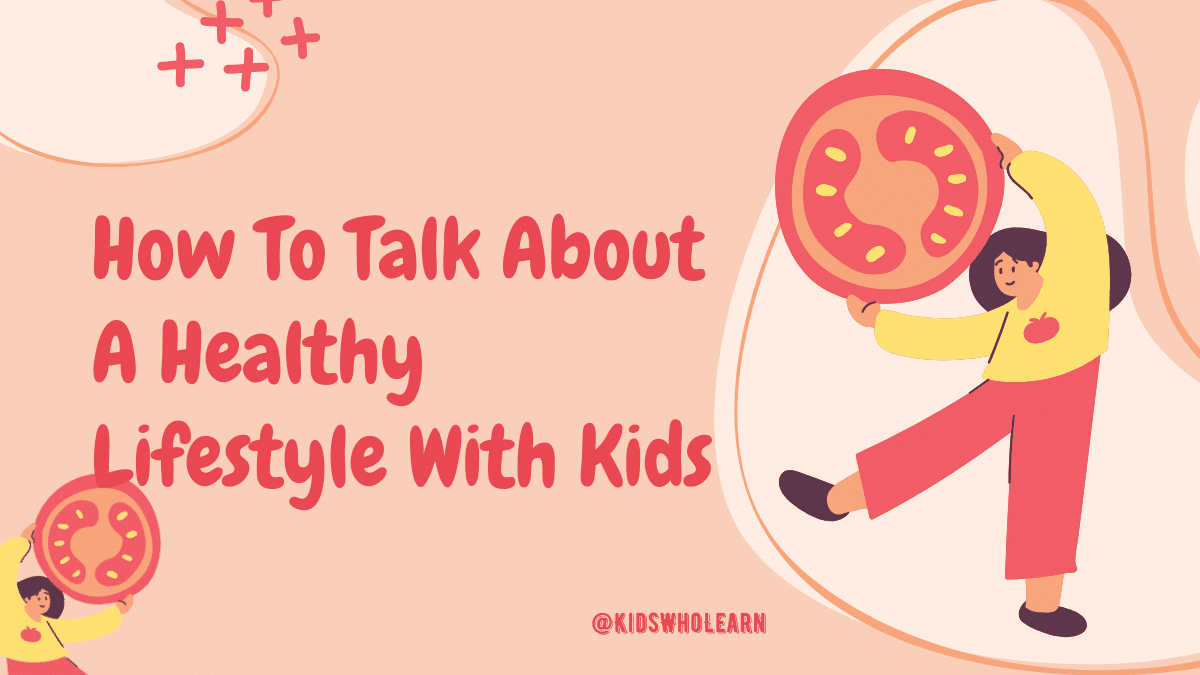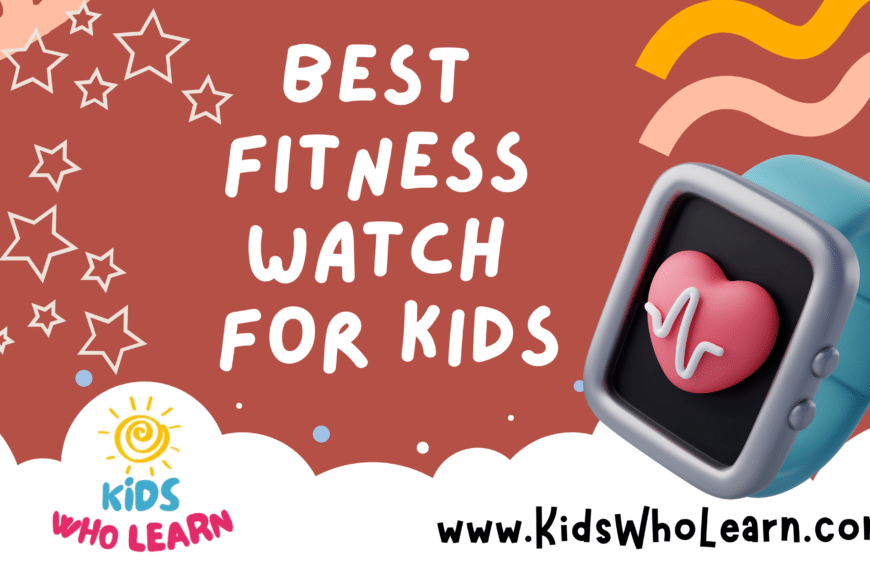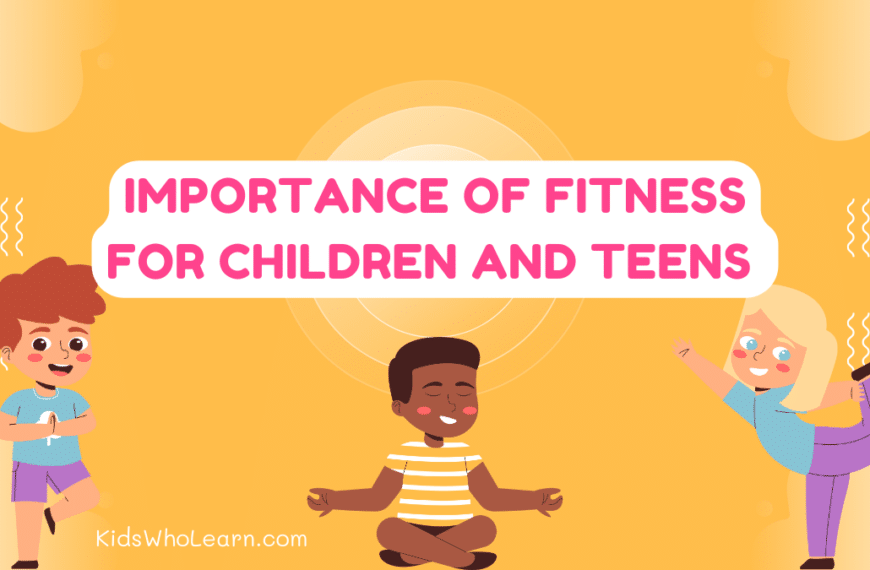As a parent, you surely want the best for your child – their health, growth, and overall well-being. It comes as no surprise then, that the importance of exercise for kids cannot be emphasized enough. In an era dominated by screens and sedentary lifestyles, encouraging physical activity from an early age holds a multitude of benefits. From building strong muscles and bones to promoting better sleep and boosting self-confidence, exercise sets the foundation for a healthy lifestyle that extends far beyond childhood. So, lace up those sneakers and let’s explore the wonders that exercise can bring into your child’s life.
Physical Health Benefits
Prevention of childhood obesity
Regular exercise plays a crucial role in preventing childhood obesity. Engaging in physical activities helps children burn calories and maintain a healthy weight. With the rise in sedentary lifestyles and the prevalence of unhealthy eating habits, exercise is more important than ever in combating the alarming rates of obesity among children.
Development of strong bones and muscles
Exercise helps in the development of strong bones and muscles in children. Weight-bearing activities such as running, jumping, and playing sports contribute to the growth of dense and healthy bones. Additionally, activities like climbing and strength training promote muscle development, ensuring that children have a strong and resilient musculoskeletal system.
Improved cardiovascular health
Regular physical activity has a positive impact on cardiovascular health in children. Engaging in activities that increase their heart rate, such as running, swimming, or cycling, helps strengthen the heart muscle and improves blood circulation. These cardiovascular benefits lower the risk of heart disease and future health problems.
Enhanced immune function
Exercise has a profound effect on the immune system of children. Research suggests that regular physical activity can boost the immune system, making children less susceptible to common illnesses such as colds and flu. The increased circulation of immune cells and the release of endorphins during exercise contribute to overall improved immune function.
Mental Health Benefits
Reduced risk of depression and anxiety
Exercise has been shown to significantly reduce the risk of depression and anxiety in children. Physical activity stimulates the production of endorphins, which are natural mood-boosting chemicals. Regular exercise also provides a healthy outlet for stress and helps children build resilience to cope with the challenges they may face.
Better sleep quality
Exercise plays a vital role in improving the quality of sleep in children. Physical activity helps regulate sleep patterns and promotes deeper and more restorative sleep. By expending energy during the day, children are more likely to experience a sense of tiredness at bedtime, leading to better sleep and improved overall well-being.
Improved self-esteem and body image
Regular exercise positively impacts a child’s self-esteem and body image. Engaging in physical activities helps children develop a sense of accomplishment and pride in their abilities. As they become stronger and more skilled through exercise, their confidence grows, leading to improved self-esteem and a positive body image.
Enhanced cognitive abilities
Exercise has a profound impact on cognitive abilities in children. Research shows that physical activity stimulates brain function, leading to improved concentration, attention span, and memory. Regular exercise also promotes neuroplasticity, which is crucial for learning and cognitive development.
Social Benefits
Opportunities for interaction and teamwork
Exercise provides children with numerous opportunities for interaction and teamwork. Participating in team sports or group activities allows children to develop important social skills such as cooperation, communication, and teamwork. These skills are essential for building and maintaining relationships in various aspects of life.
Development of social skills
Engaging in physical activities with peers allows children to develop essential social skills. Through interaction during exercise, children learn to share, take turns, and respect one another. Being part of a team or group also teaches them valuable lessons in sportsmanship, empathy, and understanding.
Improved communication and cooperation
Regular exercise promotes improved communication and cooperation among children. Whether it is through verbal communication during team sports or non-verbal cues during group activities, children learn to effectively communicate and cooperate with others to achieve shared goals. These skills are beneficial not only in physical activities but also in everyday life.
Building lasting friendships
Exercise provides opportunities for children to build lasting friendships. Shared interests and the camaraderie that comes with participating in physical activities often result in strong bonds among children. These friendships can provide a support system, promote a sense of belonging, and enhance overall well-being.
Academic Performance
Better concentration and attention span
Regular exercise has a positive impact on academic performance. Physical activity increases blood flow to the brain, which improves concentration and attention span. Children who engage in regular exercise are better able to focus on tasks, absorb new information, and perform well academically.
Enhanced memory and learning abilities
Exercise is linked to improved memory and learning abilities in children. Physical activity stimulates the release of chemicals in the brain that support the growth of new brain cells and improve memory retention. By regularly engaging in exercise, children can enhance their ability to learn and retain information.
Increased creativity and problem-solving skills
Exercise has been found to boost creativity and problem-solving skills in children. Physical activity stimulates the brain, leading to increased cognitive flexibility and the generation of new ideas. Whether it is through imaginative play or problem-solving activities during exercise, children develop critical thinking skills that can be transferred to academic and real-life situations.
Improved academic achievements
Regular exercise has been associated with improved academic achievements. The positive impact of physical activity on cognitive function, concentration, and memory directly translates into better academic performance. Exercise also helps to reduce stress and anxiety, allowing children to focus and excel in their studies.
Healthy Habits
Establishing a lifelong exercise routine
Encouraging exercise in childhood sets the foundation for a lifelong exercise routine. When children develop healthy exercise habits early on, they are more likely to continue being physically active throughout their lives. This reduces the risk of sedentary behavior and associated health problems in adulthood.
Promoting a balanced and nutritious diet
Regular exercise often goes hand in hand with promoting a balanced and nutritious diet. Engaging in physical activities encourages children to make healthier food choices to support their energy needs. By incorporating regular exercise and a balanced diet, children can maintain a healthy weight and reduce the risk of various health conditions.
Preventing sedentary behaviors and screen addiction
Regular exercise is instrumental in preventing sedentary behaviors and screen addiction. Encouraging children to be physically active reduces the amount of time spent sitting and engaging in screen-based activities. By instilling the importance of exercise, parents can help children develop a healthy relationship with technology and limit sedentary behaviors.
Reducing the risk of chronic diseases in adulthood
Regular exercise in childhood can significantly reduce the risk of chronic diseases in adulthood. Engaging in physical activities from a young age helps children develop a strong cardiovascular system, maintain a healthy weight, and build healthy habits that can protect them from conditions such as heart disease, diabetes, and obesity later in life.
Emotional Well-being
Stress reduction and relaxation
Exercise is an effective tool for stress reduction and relaxation in children. Physical activity triggers the release of endorphins, which act as natural mood elevators and stress relievers. Engaging in exercise allows children to unwind, manage and cope with stress, and promote emotional well-being.
Improved mood and emotional regulation
Regular exercise has a positive impact on a child’s mood and emotional regulation. Physical activity stimulates the production of endorphins, which are known to enhance mood and promote feelings of happiness and positivity. By engaging in exercise regularly, children can experience improved overall emotional well-being.
Development of coping skills and resilience
Exercise provides children with an opportunity to develop coping skills and resilience. Facing challenges and overcoming obstacles during physical activities helps children build resilience, adaptability, and perseverance. These important life skills are transferable to situations beyond exercise, enabling children to navigate various difficulties with confidence.
Decreased likelihood of engaging in risky behaviors
Regular exercise is associated with a decreased likelihood of engaging in risky behaviors. By staying physically active, children are more likely to make wise choices and engage in positive activities. Exercise provides a healthy outlet for energy and emotions, reducing the temptation to engage in harmful behaviors.
Motor Skills Development
Improved coordination and balance
Regular exercise helps children improve their coordination and balance. Activities such as running, jumping, and playing sports require coordination between different body parts and help children develop better control over their movements. Improved coordination and balance benefit children in everyday tasks and sports performance.
Enhanced gross and fine motor skills
Engaging in physical activities promotes the development of both gross and fine motor skills in children. Gross motor skills involve large muscle groups and coordination, such as running and jumping, while fine motor skills involve smaller muscle groups and precise movements, like holding a pencil or tying shoelaces. Regular exercise enhances both types of motor skills and contributes to overall physical development.
Development of spatial awareness and body control
Exercise helps children develop spatial awareness and body control. Activities that require navigating spaces, such as climbing or maneuvering through obstacles, promote the understanding of body position and movement in relation to the environment. The development of spatial awareness and body control aids in multiple aspects of a child’s life, including sports, academics, and daily tasks.
Increased agility and flexibility
Regular exercise improves agility and flexibility in children. Activities that involve quick changes in direction, jumping, and stretching contribute to the development of agility and flexibility. By enhancing these physical attributes, children can move more efficiently, reduce the risk of injuries, and excel in various physical activities and sports.
Quality of Life
Higher energy levels and vitality
Regular exercise leads to higher energy levels and vitality in children. Engaging in physical activities boosts circulation and helps deliver oxygen and nutrients to the muscles, brain, and organs. This increased energy and vitality translate into improved overall well-being, allowing children to fully participate and enjoy their daily activities.
Overall improved physical fitness
Exercise contributes to overall improved physical fitness in children. Regular physical activity strengthens the cardiovascular system, increases muscular strength and endurance, and enhances flexibility and agility. These fitness benefits improve children’s ability to perform daily tasks, participate in physical activities, and enjoy an active lifestyle.
Enhanced sense of well-being and happiness
Exercise has a profound impact on a child’s sense of well-being and happiness. Engaging in physical activities releases endorphins, which are natural mood enhancers and promote feelings of happiness and contentment. Regular exercise provides children with a positive outlet for energy, allowing them to experience an overall enhanced sense of well-being.
Ability to participate in various physical activities and sports
Regular exercise equips children with the ability to participate in various physical activities and sports. By developing physical fitness, motor skills, and coordination through exercise, children can engage in a wide range of activities, from outdoor games to team sports. This opens up opportunities for exploration, social interaction, and lifelong enjoyment of physical pursuits.
Parental Involvement
Setting a positive example as role models
Parents play a crucial role in promoting exercise by setting a positive example as role models. When children witness their parents engaging in regular exercise and prioritizing physical fitness, they are more likely to adopt these behaviors themselves. Leading by example can motivate children to cultivate a lifelong commitment to exercise.
Encouragement and support in exercise pursuits
Parents can provide invaluable encouragement and support in their children’s exercise pursuits. By expressing interest, offering praise, and participating in activities together, parents can inspire and motivate their children to stay active. Encouragement and support from parents foster a sense of accomplishment and self-confidence in children.
Bonding and quality family time
Exercise offers a unique opportunity for bonding and quality family time. Engaging in physical activities as a family not only promotes fitness but also strengthens the parent-child relationship. Whether it’s going for a bike ride, playing a game of catch, or taking a nature hike, these shared experiences create lasting memories and foster positive familial connections.
Monitoring and ensuring child’s safety during physical activities
Parents have the vital responsibility of monitoring and ensuring their child’s safety during physical activities. By providing appropriate supervision and guidance, parents can minimize the risk of injuries and create a safe environment for their children to explore and enjoy physical activities. Being mindful of the child’s capabilities and implementing safety measures are essential for promoting a positive exercise experience.
School and Community Support
Physical education classes and sports programs
Schools play a significant role in supporting exercise for children through physical education classes and sports programs. These structured activities provide opportunities for children to engage in various physical activities, learn new skills, and develop their fitness levels. Physical education classes and sports programs also contribute to the social, emotional, and cognitive development of children.
Access to recreational facilities and outdoor spaces
Access to recreational facilities and outdoor spaces is instrumental in promoting exercise for children. Schools and communities that provide well-maintained playgrounds, sports fields, and parks enable children to engage in physical activities in a safe and enjoyable environment. Creating opportunities for outdoor play encourages children to be active and explore their surroundings.
Educational initiatives promoting active lifestyles
Educational initiatives focused on promoting active lifestyles can help reinforce the importance of exercise for children. Schools and communities can organize awareness campaigns, workshops, and educational programs to educate children about the benefits of exercise. By instilling knowledge and understanding, children can make informed choices about their physical well-being.
Collaboration within the community for healthy living
Collaboration within the community is crucial for fostering a culture of healthy living and exercise for children. Schools, parents, healthcare professionals, and local organizations can work together to create a supportive environment that encourages physical activity. By sharing resources, knowledge, and expertise, the community can collectively promote the well-being of children and prioritize their exercise needs.
In conclusion, exercise is of utmost importance for children as it offers a wide range of physical, mental, social, and emotional benefits. Regular physical activity not only promotes a healthy lifestyle but also contributes to the holistic development of children. By understanding the vast array of advantages that exercise provides, parents, schools, and communities can work together to ensure that children lead active, fulfilling lives and lay the foundation for lifelong health and well-being.









